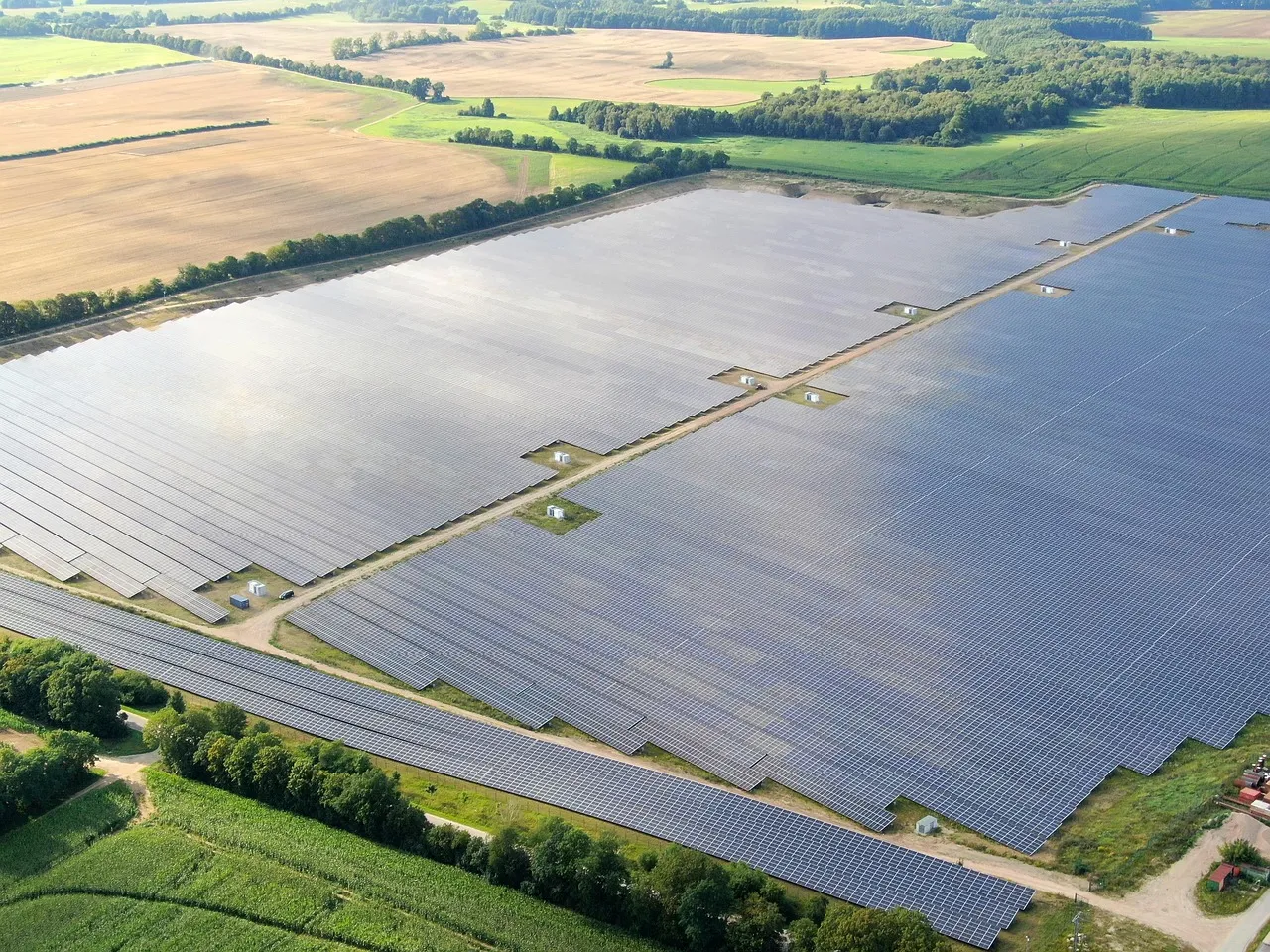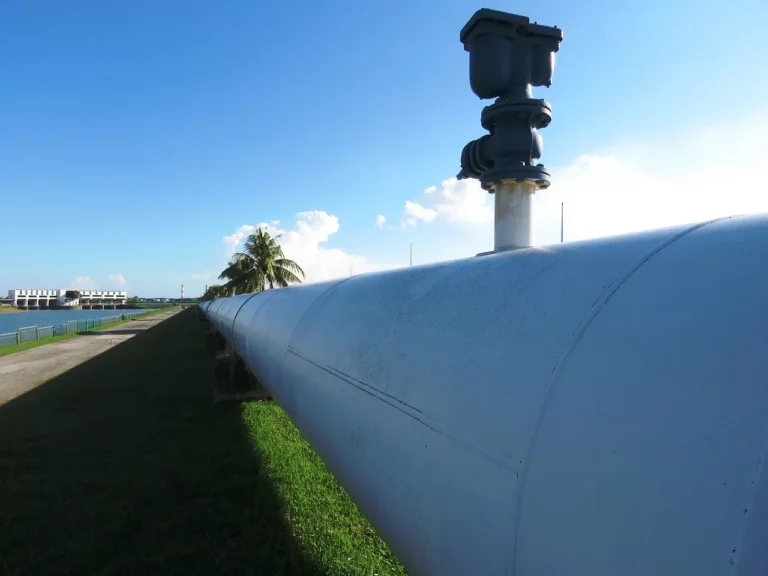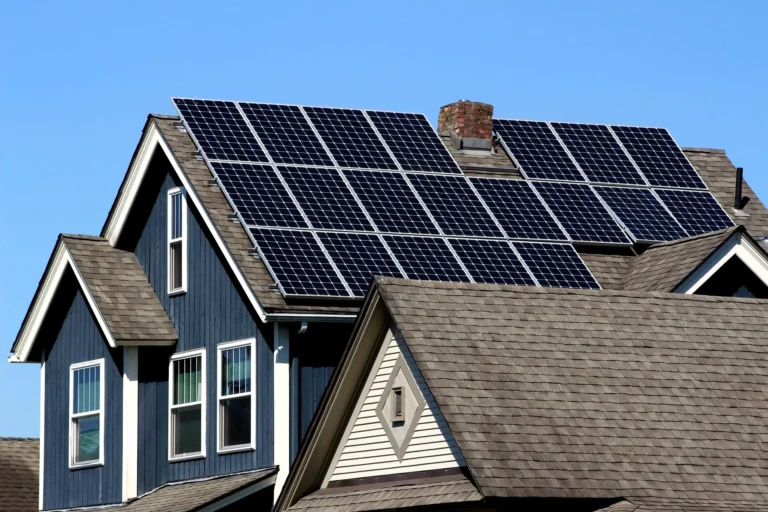
Barton Malow and Woodchuck Partner with NorthStar Clean Energy to Transform Wood Waste into Renewable Energy at Hart Solar Farm
Woodchuck, an innovative AI-powered climate-tech startup focused on transforming how the construction and manufacturing sectors handle wood waste, today announced a strategic partnership with Barton Malow, a century-old construction firm renowned for delivering innovative, trust-driven solutions. The collaboration centers on the Hart Solar Farm project and aims to divert wood waste from landfills, instead channeling it into clean energy production. By working together, the companies are not only reducing landfill waste but also optimizing operational efficiency, saving both time and resources by streamlining the logistics of wood waste management.
The initiative involves processing discarded wood materials—including pallets, cable spools, and miscellaneous wood supports—before delivering them to the Genesee Power Station, a NorthStar Clean Energy facility. There, the wood waste is converted into biomass to generate renewable energy, effectively closing the loop between construction waste and sustainable energy production. This approach addresses one of the most persistent challenges in renewable energy construction: how to manage and repurpose construction debris in a way that benefits the environment while supporting project efficiency.
“Partnering with Woodchuck gives our project teams a real opportunity to put waste diversion into practice on a large scale,” said Jill Katic, Senior Sustainability Director at Barton Malow. “Not only does this help us reduce environmental impact, but it also provides quantifiable reporting we can use in our greenhouse gas inventories and annual sustainability reports. That level of accountability helps us deliver greater value to our clients.”

Barton Malow’s involvement underscores its broader commitment to sustainable construction practices and innovation. As one of the oldest and most respected construction firms in the United States, the company has consistently sought ways to integrate sustainable solutions into large-scale infrastructure projects. The partnership with Woodchuck allows Barton Malow to enhance its sustainability footprint by leveraging technology to turn what would otherwise be waste into a renewable resource.
For Woodchuck, the collaboration reflects its mission to eliminate construction waste from landfills and repurpose it as a valuable energy source. By using AI-driven systems to manage wood collection, sorting, and hauling, the company simplifies the logistical burden for construction teams while ensuring maximum waste diversion.
“Our work with Barton Malow at the Hart Solar Farm is proof that waste can be an asset,” said Todd Thomas, CEO of Woodchuck. “By coordinating hauling, shredding, and processing on-site, we make the logistics easier for builders while ensuring that every pallet and piece of wood debris is diverted into clean energy production instead of buried in a landfill.”
NorthStar Clean Energy, the energy producer receiving the repurposed biomass, emphasizes the broader significance of the project as a model for circular economy solutions in the energy sector. By converting wood waste from a solar farm into renewable energy, the initiative demonstrates how multi-industry collaboration can generate tangible sustainability benefits while simultaneously delivering reliable energy to local communities.
“Turning wood waste from a solar construction site into clean, renewable energy is exactly the kind of circular solution our energy future demands,” said Brian Hartmann, President of NorthStar Clean Energy. “Working with Barton Malow and Woodchuck shows how innovative partnerships can scale sustainable practices while delivering reliable energy to Michigan communities.”
The Hart Solar Farm spans over four square miles and represents a significant renewable energy investment for the region. Since the inception of the partnership, the project has diverted nearly 500 tons of wood waste from landfills. This material has been converted into approximately 38 million BTU of energy—enough to power 16 Detroit homes for a month. From a carbon perspective, the project has offset approximately 824 tons of CO2 equivalent, which is comparable to removing 180 cars from the road for an entire year. These figures illustrate the measurable impact that efficient waste management and renewable energy integration can achieve.
The project also showcases the scalability of Woodchuck’s model. For construction companies facing challenges in managing waste due to costs, limited manpower, or logistical hurdles, Woodchuck offers a proven, AI-powered solution that can be applied to projects of varying sizes. From small-scale builds to expansive solar farms like Hart, the approach ensures that construction debris is not only properly managed but also converted into an asset that contributes to sustainable energy production.
Barton Malow’s decision to integrate Woodchuck’s technology into the Hart Solar Farm project also reinforces the company’s long-term commitment to helping clients meet aggressive sustainability goals. By embedding waste diversion into the construction lifecycle, the firm demonstrates leadership in environmental responsibility and provides a replicable model for other renewable energy and infrastructure projects.
Beyond operational efficiencies, the partnership also delivers important reporting and accountability benefits. With Woodchuck’s AI platform, Barton Malow can track, document, and report the diversion of wood waste, feeding data directly into corporate sustainability reporting, greenhouse gas inventories, and client-facing impact reports. This level of transparency enhances stakeholder confidence and demonstrates the tangible outcomes of sustainability investments.
Looking ahead, the success of the Hart Solar Farm project sets a precedent for the construction and renewable energy industries. It highlights the potential of AI-powered waste management to transform environmental challenges into actionable, revenue-generating solutions. As more companies seek to align with global sustainability mandates, initiatives like this demonstrate that innovative partnerships and technology-driven solutions are critical to achieving both environmental and operational goals.







